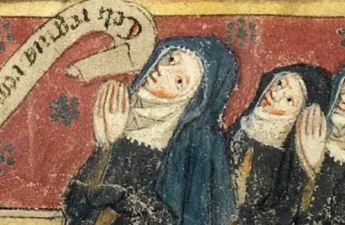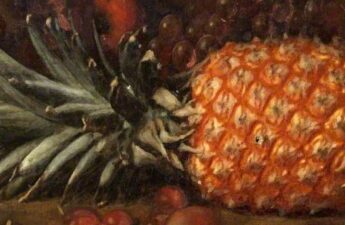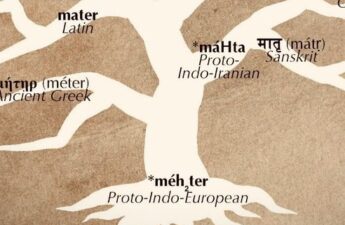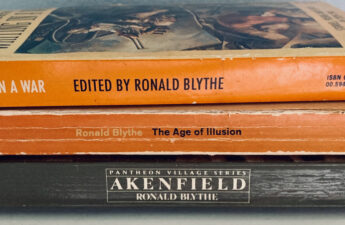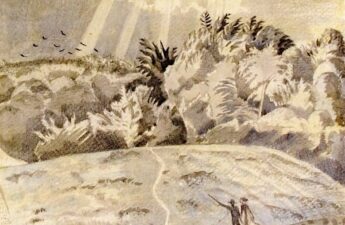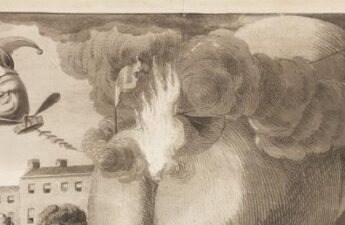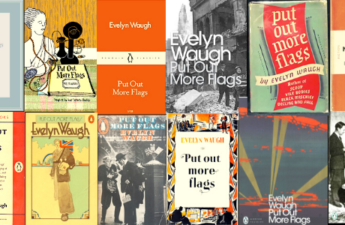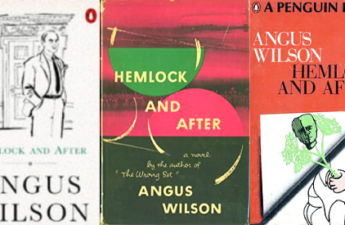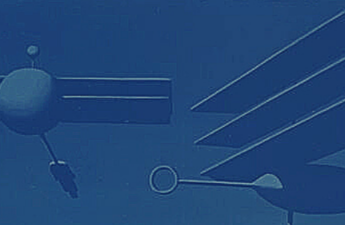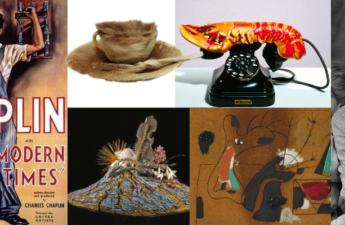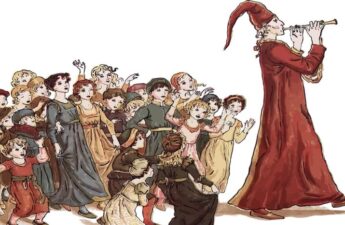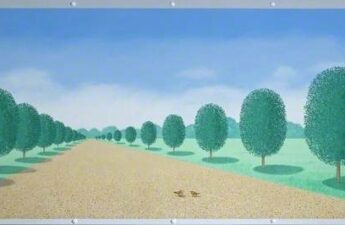On 14 June 1940, Paris fell to the German Army. The British author Sylvia Townsend Warner wrote in her diary. ‘Paris has fallen — has been abandoned.” The occupation of Paris, the cultural pivot of Europe, and the fall of France which followed two days later were ‘a flaring, presaging comet in all men’s eyes’. The war was not going…
Search Results for: fail
Title IX (Athletics): Current Proposed Law and Regulations Resources and Sample Text
This document contains, in the order given below, the following sample texts, information, and resources: HR 734 Sample Text for Democratic Congressmembers Who Voted No S.613 Sample Text for Senate Democrats Title IX Regulation re School Athletics Sample Text for Federal Register Submission Some Commentary on the Context Resources for Additional Information HR 734 Protection of Women and Girls in Sports Act…
The Pineapple Party
Norman Pearson returned towards the end of January, after an absence in Spain and Portugal, bearing two bananas, two oranges and a pineapple. The bananas and oranges were simple, Hilda and I had one each. Apart from a few green apples and some berries in Cornwall, it was the first fruit that we had tasted for two years. It seemed…
Language Matters and the Mother Tongue
Lots of appropriately scornful responses to the charity Oxfam’s Inclusive Language Guide published this week. First of all, it’s 92 pages long. You can read and download at the link. I can’t say I’ve scoured every page and possibly some of it may be both sensible and helpful in providing respectful ways to talk about a whole range of…
Ronald Blythe, Akenfield, and The Age of Illusion
I follow the art historian Richard Morris on Twitter and his tweets are a daily delight – each one providing a insight into a painter, a period, a life, or work of art. This week he referenced the Guardian obituary of the wonderful writer Ronald Blythe who has just died at the age of 100. Here’s the tweet: ‘Winter Evening,…
The Intersectional Cellar Door
I once shared the idea that ‘cellar door’ was considered by some to be the most beautiful sounding phrase in the English language. The sixth grade thought this was ridiculous and soon put me right. I remember “holy macaroni” being one of their top contenders. Language changes and feelings about words change. Even the most prescriptive linguist knows that. It’s…
Simple Pleasures and Stickybeaking
Stickybeak NOUN: an intrusive, meddlesome, busybody, nosy parker who sticks their nose (beak) into other people’s business. The act of stickybeaking. VERB: to snoop or pry into other’s people’s business. This was a delightful new word for me this week although it’s clearly common currency in Australia and New Zealand. I came across it first in one of a series…
Wilt and the #1976Club
Together with a whole lot of other readers in the UK in 1976, I read Wilt – the first in a series of over-the-top, grotesque Tom Sharpe novels about the misadventures of a mild-mannered and hapless tech college teacher named Henry Wilt. He’s a rather fuddy-duddy, decent-enough, beer-drinking, everyman kind of chap given to being misunderstood, especially by his wife…
Evacuee Story Lines #3 Evelyn Waugh
I did, in the first weeks of the war, before I got my commission, suffer severely from ‘evacuees’.– Evelyn Waugh in a preface to Put Out More Flags complaining about evacuees much as he might have done about gout or rising damp. Evelyn Waugh is often at his most entertaining when he is at his most disagreeable. Reading Waugh – and…
Hemlock and After and Angus Wilson
‘Oh, I know all about goats,’ Sonia was saying. ‘People give them the same recommendation as the billeting officers did with evacuees – they’re no trouble. For all I know it may be true of goats. But then, like evacuees, they smell, and that’s quite enough for me.’ – Hemlock and After, 1952, Angus Wilson . It’s Britain post-war, and…
Large Dog Eats Anything Loves Children
It’s always fun when a tiresome book about the rules of the English language gets debunked and when some clever clogs points out that the prose of said tiresome tome is full of the very errors it decries. So it was with Lynn Truss’s bestseller Eats, Shoots & Leaves: The Zero Tolerance Approach to Punctuation The book is this month’s…
The Thinking
This post is in answer to the question “Operation Pied Piper: What were they thinking?” At least in terms of the evacuation scheme. The choice of code-name remains ambiguous. It begins with a little history. Napoleon In the first years of the 19th century, Napoleon made no secret of his intention to invade Britain, destroy the monarchy and take…
All Our Yesterdays with the #1936Club
There was a period in the early 1960s when my parents had a television (in those days you rented) and one of the programs I liked to watch was All Our Yesterdays produced by Granada Television. It was a look back in time based on the newsreel footage of that week twenty-five years ago – a week-by-week journey through the…
Operation Pied Piper: What were they thinking?
In Hamelin in Lower Saxony. there’s an inscription on a wooden beam on the side of the Rattenfangerhaus (rat catcher’s house). An English translation on the plaque reads: In the year 1284 on the Day of John and Paul, the 26th of June, 130 children born in Hamelin were led away by a piper dressed in many-coloured clothes to Calvary…
Where does Good Enough Come from?
It was Donald Winnicott, of course, who coined the phrase good-enough in connection with parenting. He first introduced the term in 1953 although he had worked on the concept for years and the idea is there in his advice to parents in his wartime radio broadcasts. Basically, it recognizes the need for children to learn that: a mother is neither…
